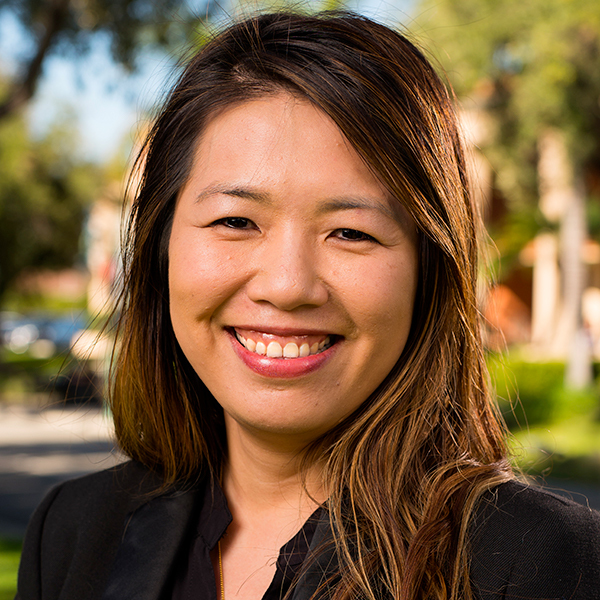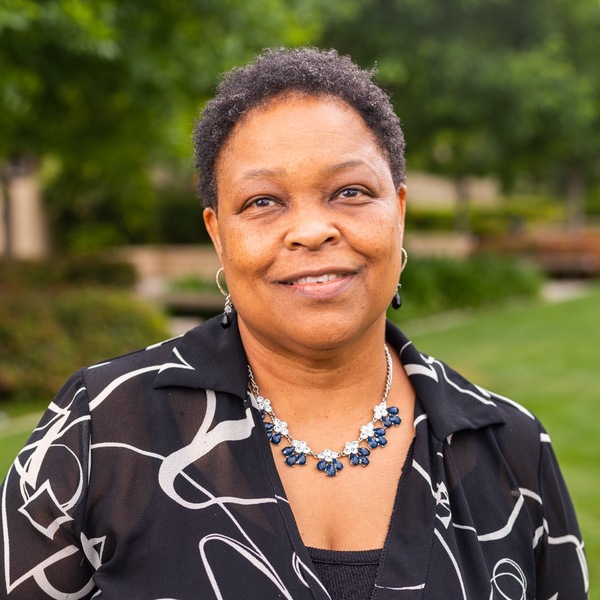Master of Science in Special Education
Overview
Do you have a heart to serve students with special learning needs by developing thoughtful curriculum and inclusive learning environments? Biola’s Master of Science in Special Education — available fully online or through a combination of online and on-campus courses — can equip you with the advanced knowledge that you need to support students with mild to moderate learning, emotional and intellectual disabilities.
- Grow as an educator and as a Christian. At Biola, our expert faculty will take personal interest in your academic and spiritual growth. You will learn how to integrate your Christian faith into your vocation as a special educator. You should expect to grow deeper in your relationship with Jesus as you receive academic training at Biola’s School of Education.
- Publish with your professors. From the moment you start your program, you will be assigned to a faculty-led research team that will remain together throughout your entire program. Collaboration among this team will potentially lead to published articles in peer-reviewed journals and scholarly presentations at professional conferences. This research experience will position you well for professional advancement in special education and further doctoral studies.
- Enhance the quality of education for students with special needs. Students with mild to moderate learning needs often have difficulties with learning tasks, delays in their intellectual development and emotional disturbances. The Master of Science in Special Education gives you the technical skills to assist these learners — including teaching methods and curriculum design that will best support individual students and their parents.
- Earn a Special Education (Mild to Moderate Support Needs (MSSN) Credential. If you complete your special education fieldwork in the state of California, then you can easily add on a California Special Education (Mild to Moderate Support Needs (MSSN)) Credential by meeting the remaining credential requirements.
- Continue working as you complete your degree online. As an asynchronous online program, the Master of Science in Special Education offers you the flexibility of earning your degree on your own time from anywhere in the world. If you are a California resident who plans on completing the Special Education (Mild to Moderate Support Needs (MSSN) Credential as well, you have the option of working full-time under a paid intern credential.
Explore different ways you can expand your education by viewing our Learning Opportunities page.
Program Requirements
Students must meet and maintain the program requirements to successfully complete the Master of Science in Special Education.
Credential Comparison
| Specialization | Base Tuition Cost | Credits | Duration | Format | Start Months |
|---|---|---|---|---|---|
| With Credential | $42,578 | 61 | 3 years | Online (CA)/Hybrid | January or August |
| Without Credential | $27,920 | 40 | 2 years | Online (CA)/Hybrid | January, May and August |




